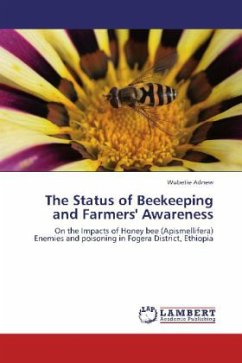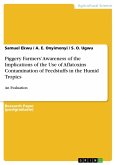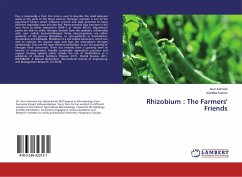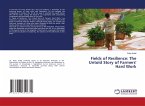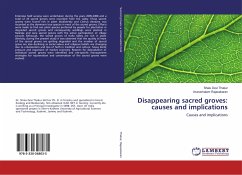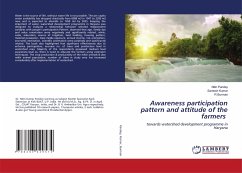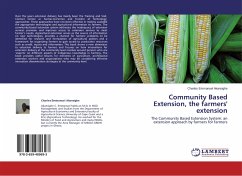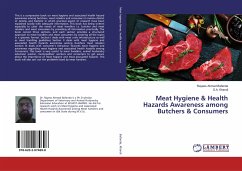The paper reports the types of enemies that attack honeybees, the extent of honeybeepoisoning by agrochemicals and toxin producing plants, farmers' awareness on the extent of damage made to honeybees by enemies and poisoning in Fogera woreda. For this study 9 Peasant Associations were selected purposively based on their potential for beekeeping. A total of 270 households were interviewed. The collected data were statistically analyzed and the results were interpreted using descriptive statistics. Based on the result, major challenges of beekeeping were agrochemicals application, enemies, lack of bee forage, absconding, lack of swarming, drought, lack of beekeeping equipment& diseases respectively. Enemies and agrochemicals sprayed devastatingly damage honeybee. Similarly, toxic plants to honeybees Croton macrostachy, Serk Abeba,Phytolacca dodecandra, polycantha, Guizotia scabra, and Zana, plants that affect honey quality Eucalptus spp, Croton macrostachy, Guizotia scabra , Lathyrus sativa,polycantha and human health Justitia schemperina, were listed by the farmers. The other major bottlenecks of the development of this sector are deforestation and the expansion of crop cultivation.
Bitte wählen Sie Ihr Anliegen aus.
Rechnungen
Retourenschein anfordern
Bestellstatus
Storno

